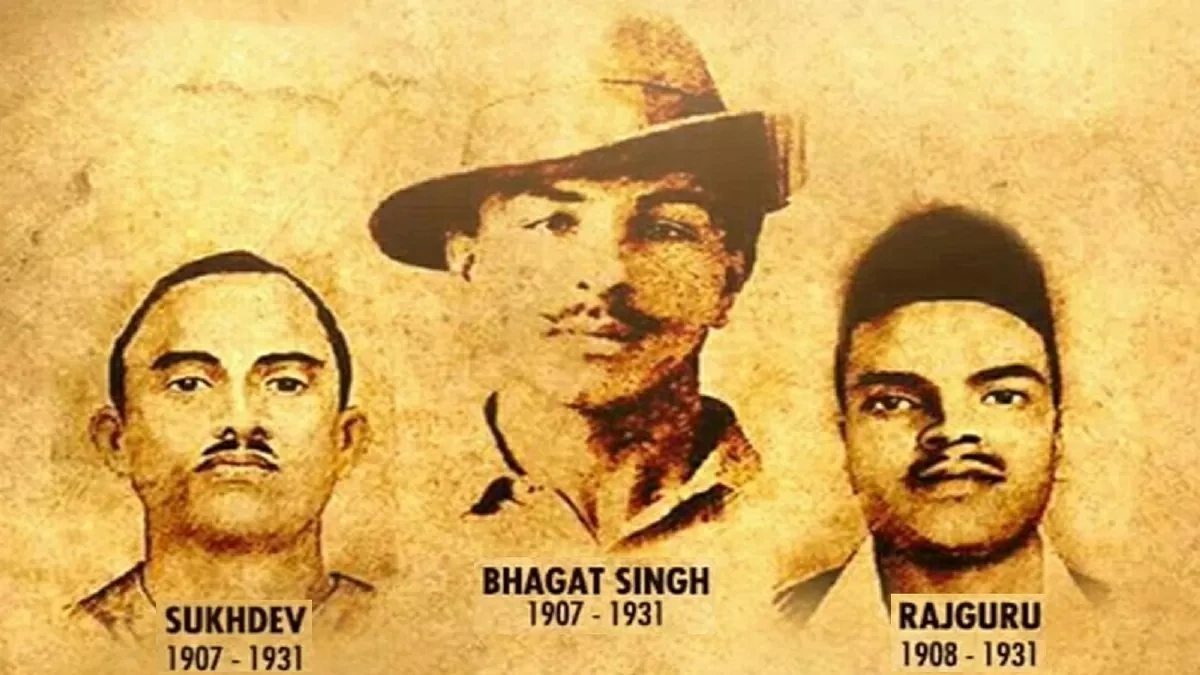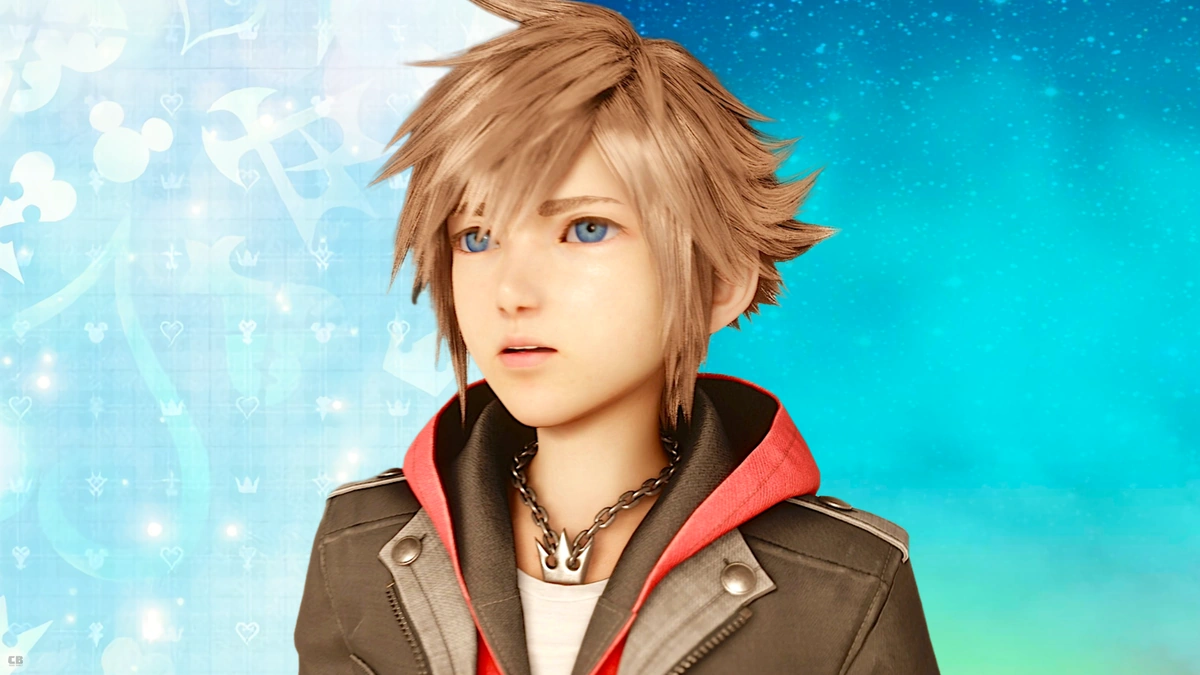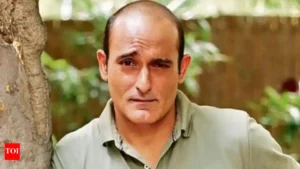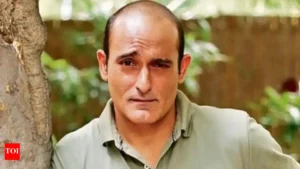The Untold Story of Bhagat Singh | More Than Just a Revolutionary
Bhagat Singh. The name conjures images of a fiery young man, a hat jauntily perched on his head, a revolutionary who dared to challenge the might of the British Empire. But let’s be honest, how much do we really know about him beyond the slogans and the surface-level history? What I’m really interested in is, what made him tick? What were his intellectual influences , and how did they shape his revolutionary path?
Here’s the thing: Bhagat Singh wasn’t just a rebel with a cause. He was a deeply thoughtful, incredibly well-read individual who used his intellect as his most potent weapon. So, what if we delve deeper, beyond the iconic image, and explore the why behind his actions? We are going to explore the intellectual and ideological currents that shaped his vision of an independent India. It’s a story that is not only inspiring but also incredibly relevant today.
Bhagat Singh’s Intellectual Awakening | Seeds of Revolution
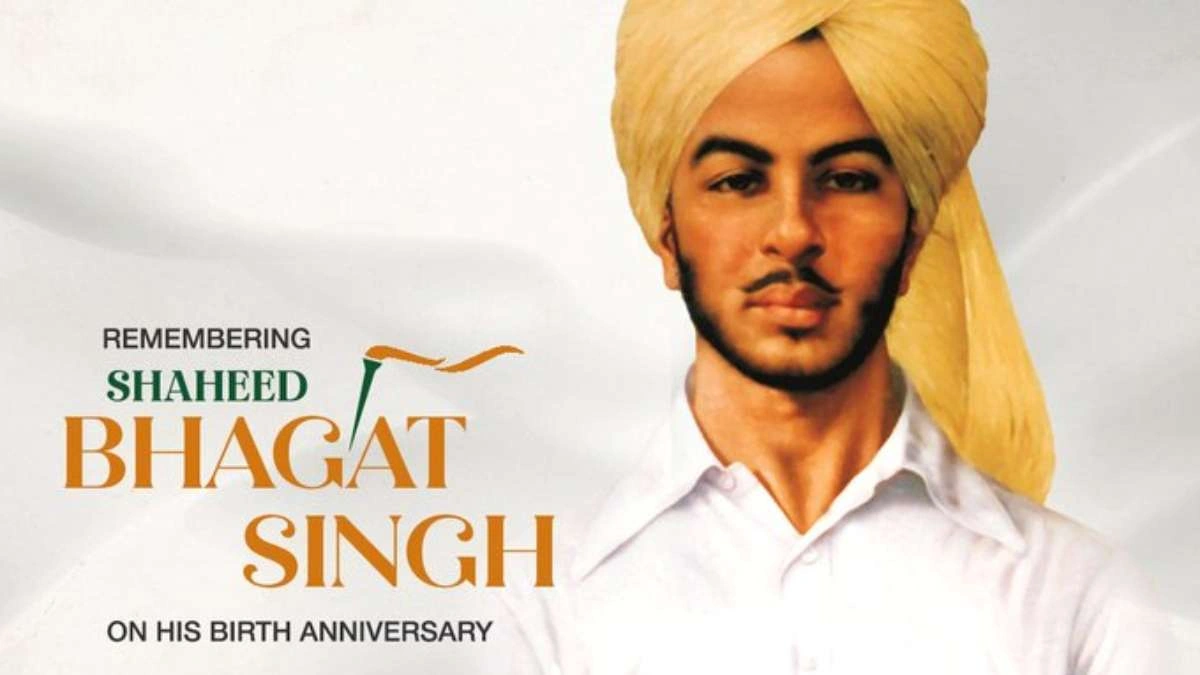
Bhagat Singh’s journey wasn’t a sudden eruption of defiance. It was a gradual, intellectual awakening fueled by voracious reading and a burning desire for social justice. He wasn’t born a revolutionary; he became one. Early exposure to stories of the Ghadar movement and the Jallianwala Bagh massacre instilled in him a deep sense of patriotism, of course, but what followed was something even more interesting.
He devoured literature on socialism, anarchism, and communism, absorbing the ideas of Marx, Lenin, and Trotsky. These weren’t just names to him; they were thinkers who offered a framework for understanding and challenging the oppressive structures of society. The slogan “Inquilab Zindabad”, forever linked to Bhagat Singh, wasn’t just a battle cry; it was a declaration of his commitment to a radical transformation of society.
What fascinates me is how he synthesized these diverse influences into his own unique ideology. He wasn’t simply regurgitating Marxist dogma; he was adapting it to the specific context of India, recognizing the need to address issues of caste, communalism, and economic inequality.
The Hindustan Socialist Republican Association | Putting Ideals into Action
Bhagat Singh’s intellectual journey wasn’t confined to the realm of ideas. He was a man of action, and he sought to translate his beliefs into tangible change. This led him to the Hindustan Republican Association (HRA), which he later transformed into the Hindustan Socialist Republican Association (HSRA). But the addition of the word ‘Socialist’ wasn’t just a cosmetic change; it reflected a fundamental shift in the organization’s ideology.
The HSRA, under Bhagat Singh’s influence, embraced a socialist vision of India, advocating for the abolition of private property and the establishment of a society based on equality and social justice. The organization’s activities weren’t limited to acts of violence; they also engaged in propaganda and mobilization, seeking to raise awareness among the masses about the need for revolutionary change. Learn more about revolutionary movements .
The Lahore Conspiracy Case , which stemmed from the assassination of British police officer John Saunders, brought Bhagat Singh into the spotlight. But even in the face of persecution, he used the courtroom as a platform to articulate his revolutionary ideology, turning his trial into a powerful indictment of British rule. Let me rephrase that for clarity: he turned his own trial into a stage to propagate his revolutionary message.
Beyond Violence | The Power of Ideas and Sacrifice
Bhagat Singh’s actions, particularly the bombing of the Central Legislative Assembly, are often interpreted as acts of terrorism. But here’s the thing: Bhagat Singh himself rejected this label. He believed that violence was a necessary evil, a last resort against a repressive regime that refused to listen to peaceful protests. His primary goal wasn’t to kill or maim; it was to awaken the conscience of the nation and inspire people to fight for their freedom. The goal was to create a shift towards complete independence and social transformation.
He and Batukeshwar Dutt deliberately courted arrest, using their trial as a platform to disseminate their ideas. Their hunger strike in prison, demanding better treatment for political prisoners, further amplified their message and galvanized public support. Their sacrifice wasn’t just about dying for a cause; it was about living for it, about using every opportunity to advance their revolutionary vision. It was through these sacrifices that Bhagat Singh became a symbol of resistance and national liberation .
The Legacy of Bhagat Singh | An Enduring Inspiration
Bhagat Singh’s life was tragically cut short, but his legacy continues to inspire generations of Indians. He remains a potent symbol of courage, selflessness, and unwavering commitment to social justice. But his significance extends beyond his role as a revolutionary hero. He was also a profound thinker who challenged the prevailing orthodoxies of his time and offered a compelling vision of a just and equitable society.
His emphasis on reason, secularism, and social equality remains incredibly relevant today. In a world grappling with rising inequality, religious extremism, and political polarization, Bhagat Singh’s ideas offer a roadmap for building a more just and humane world. He understood the need to fight against not just political oppression but also economic exploitation and social injustice.Read this to learn about the struggle for economic freedom.
What fascinates me most is the enduring power of his message. He continues to resonate with young people in India because he represents a spirit of rebellion, a rejection of injustice, and a belief in the power of ideas to transform the world. His life reminds us that true freedom isn’t just about political independence; it’s about creating a society where everyone has the opportunity to live a life of dignity and purpose. It’s also about constant questioning and challenging the established norms .
Shaheed Bhagat Singh | Relevance in Contemporary India
Bhagat Singh’s ideals extend beyond his sacrifice; they urge us to question authority, advocate for the marginalized, and dream of a nation rooted in equality and justice. His message continues to inspire those fighting for social justice, economic equality, and secularism in India. Bhagat Singh would advocate for critical thinking and questioning of social norms. His legacy remains a potent reminder that true freedom encompasses not just political independence but also the dismantling of oppressive structures and the empowerment of all individuals. To realize his vision in today’s India, focus on promoting inclusive growth and encouraging active participation in social and political processes.
While sources suggest a specific interpretation, the official perspective also acknowledges his contribution. It’s best to engage with different perspectives to form a comprehensive understanding of his role in India’s freedom movement. The need to ensure equitable distribution of resources remains a core component in achieving the economic dimension of his revolutionary goals.
FAQ About Bhagat Singh
What were Bhagat Singh’s main beliefs?
Bhagat Singh was a staunch advocate for socialism, secularism, and complete independence for India. He believed in equality for all and opposed any form of oppression.
What was Bhagat Singh’s role in the Indian independence movement?
He was a key figure in the movement, known for his revolutionary activities, including the bombing of the Central Legislative Assembly, to protest British rule.
Why is Bhagat Singh considered a martyr?
He is considered a martyr because he sacrificed his life for the cause of Indian independence, becoming an icon of courage and selflessness.
What impact did Bhagat Singh have on the youth of India?
Bhagat Singh inspired countless young people to join the freedom movement, instilling in them a spirit of rebellion against injustice and a commitment to social change.
What was the Hindustan Socialist Republican Association (HSRA)?
The HSRA was a revolutionary organization founded by Bhagat Singh and others, aiming to establish a socialist republic in India through armed struggle.
Where can I learn more about the early life of Bhagat Singh?
You can find a lot of relevant information on websites like Wikipedia, government websites, and history blogs.
So, the next time you hear the name Bhagat Singh, remember that he was more than just a revolutionary. He was a visionary, a thinker, and a beacon of hope for a more just and equitable world. What he stood for matters just as much today. The struggles he fought still continue in different forms. Keep asking questions, keep challenging the status quo, and never stop fighting for a better future. That’s the best way to honor his memory. The sacrifice of Bhagat Singh should never be forgotten.
